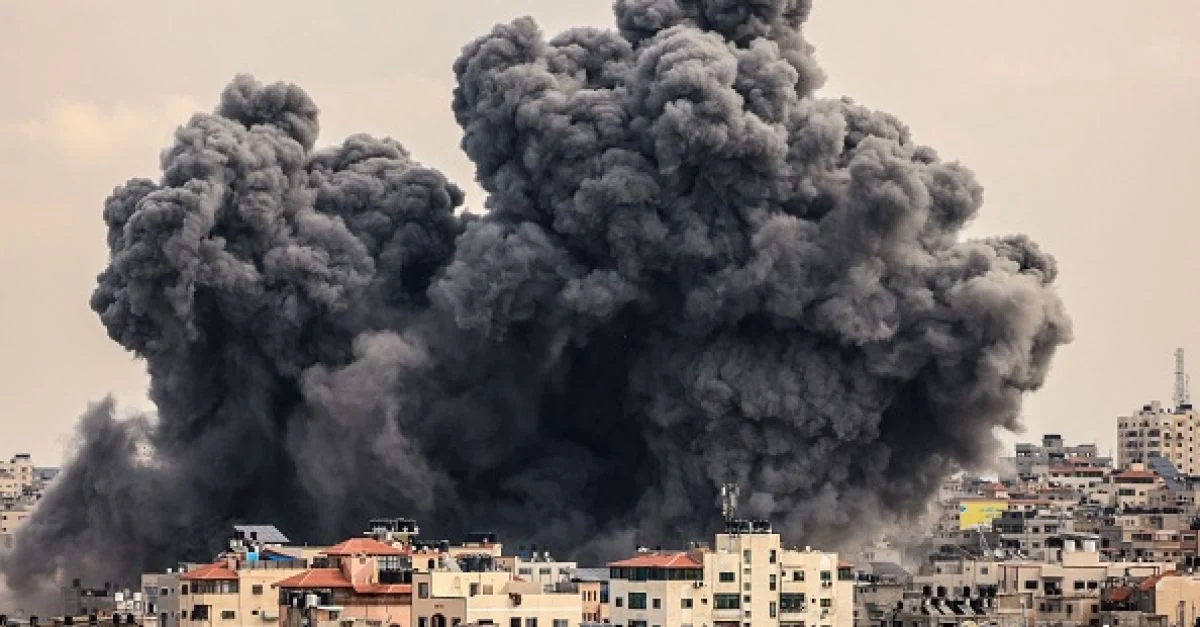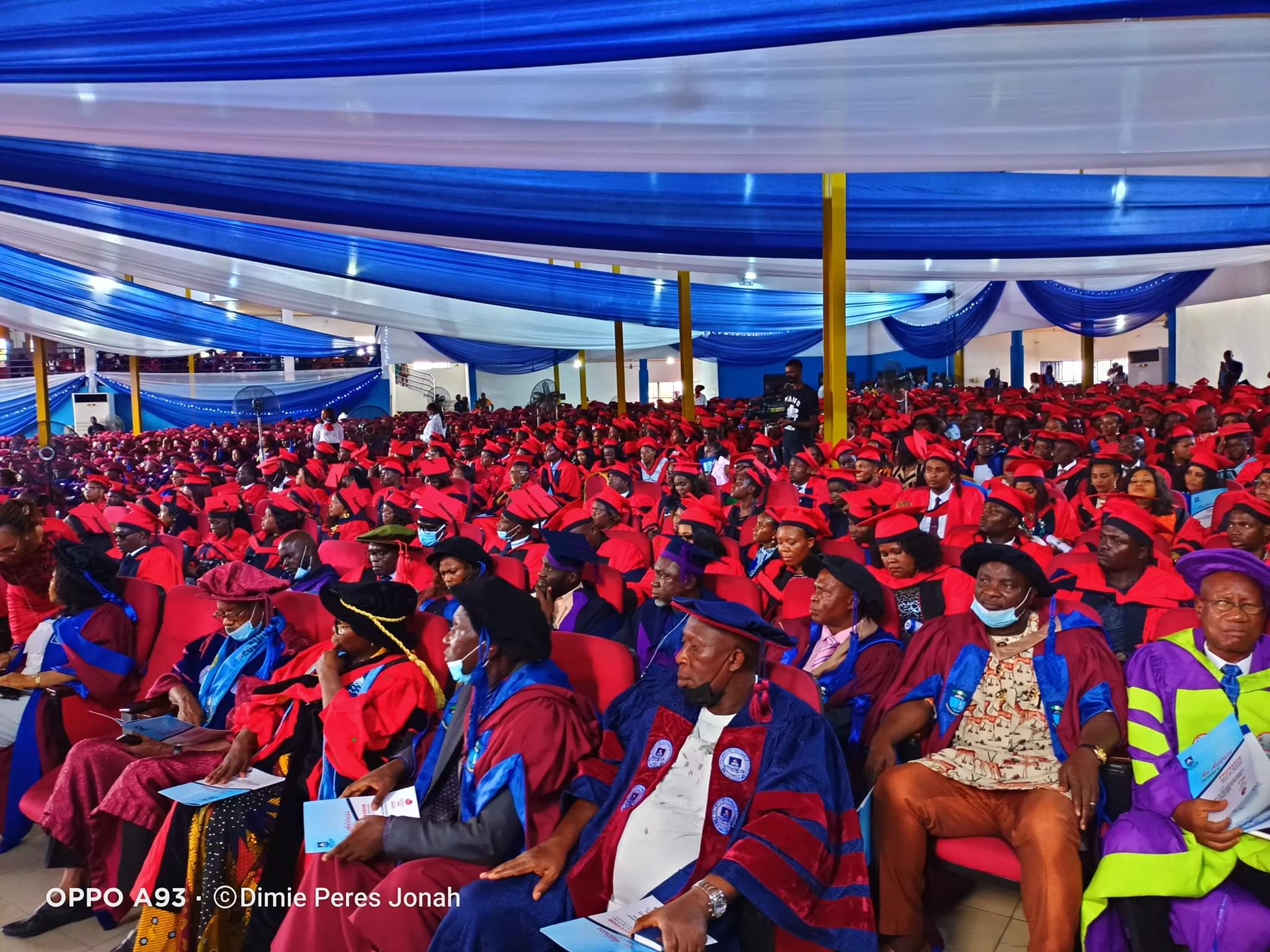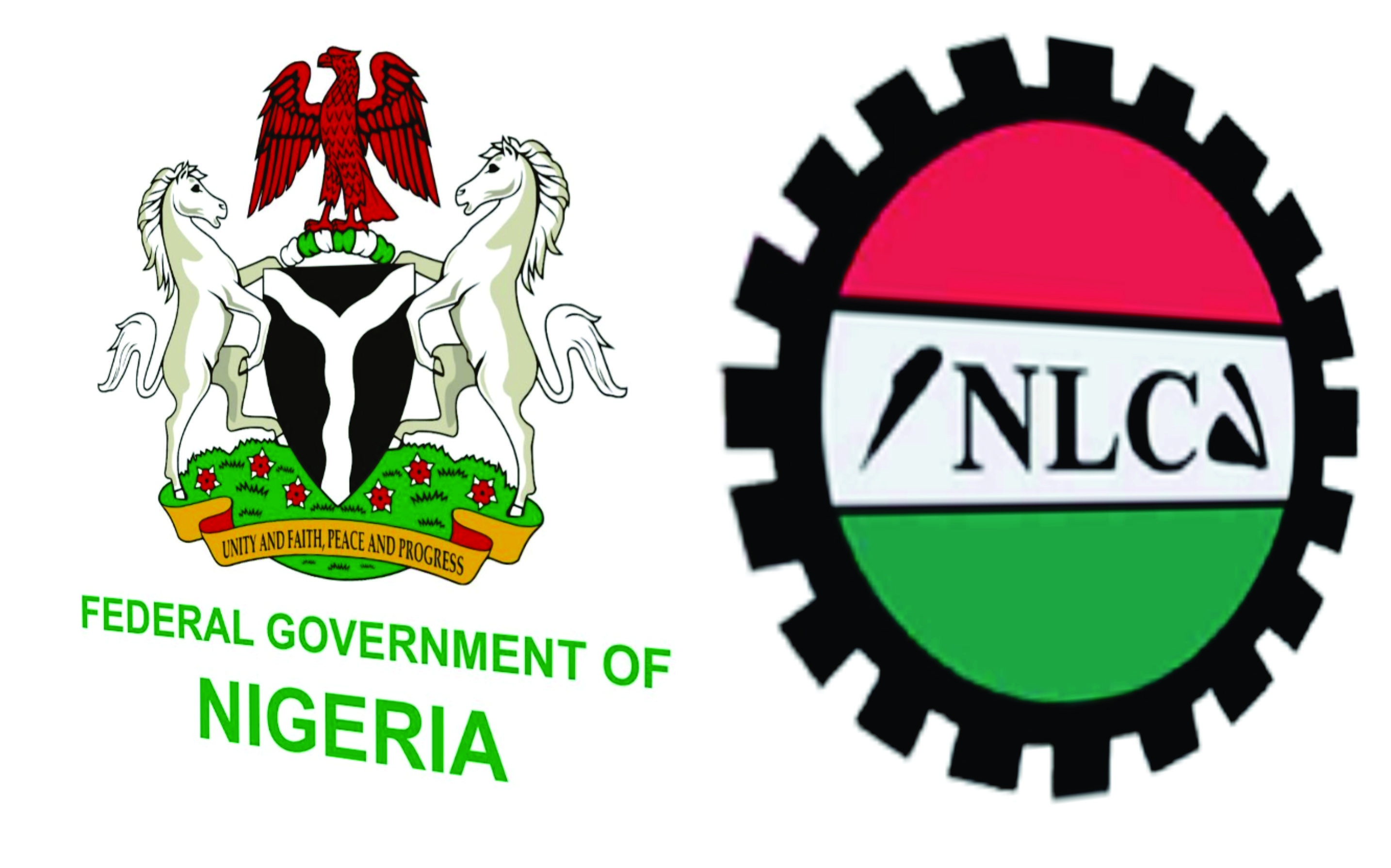Editorial
Israel, Hamas War: Call For Truce

On October 7, there were surprise attacks by Palestinian Hamas terrorists in southern Israel. The attacks,
originating from the Gaza Strip, involved land, sea, and air incursions as well as missile launches, claiming over 1,400 Israeli lives and the capture of more than 203 hostages. These coordinated assaults resulted in retaliatory airstrikes by Israel on Gaza, causing further casualties. The sequence of events has raised concerns about a possible escalation, potentially involving more parties engaged in hostilities.
This onslaught represents the largest number of Jews killed in a single day since the Holocaust, and currently ranks as the third-deadliest terrorist attack of all time, exceeded only by Islamic State massacres in Iraq and Syria, and the 9/11 attacks in the United States. On October 8, Israel declared a state of war for the first time since 1973 and has engaged in a bombing campaign targeting the Gaza Strip, with a ground invasion soon to follow.
Israeli airstrikes have led to the deaths of more than 2,800, with over 3,000 injured, and 650,000 displaced. Unfortunately, the casualty numbers are expected to rise as Israel has begun to deploy additional troops to the Gaza border, signalling the start of what could be a prolonged conflict. At the northern flank of Israel, Hezbollah and Islamic Jihad fighters have begun launching rocket strikes from Southern Lebanon and Syria, with retaliatory strikes from Israeli Defence Forces (IDF). The situation is deeply concerning, and efforts must be made to find a peaceful resolution to prevent further loss of lives and suffering.
The ongoing war in the Middle-East serves as a stark reminder that global peace remains elusive, despite the apparent calm in many regions. The Israel-Hamas confrontation is merely the latest chapter in a complex and longstanding conflict that defies easy resolution. Historical, political, religious, and territorial factors intertwine, resulting in decades of tension, violence, and immense suffering.
Endorsed by the United Nations, the United States and its allies, and backed by pragmatic Arab nations like Egypt, Saudi Arabia, the United Arab Emirates, Qatar, and Kuwait, the creation of autonomous Palestinian two-state entities is seen as a durable, consensus-driven peace solution. This strategy also entails acknowledging Israel’s right to exist within its pre-1967 boundaries and promoting a harmonious cohabitation between the Israel and the Arab nations.
About 21 years ago, Saudi Arabia embarked on a diplomatic endeavour by introducing the Arab Peace Initiative. This proposal successfully brought together Arab states, offering Israel recognition, regional legitimacy, and security in exchange for certain concessions. The blueprint has garnered support from the current US President Joe Biden administration, and most western leaders. The friendly tone of this initiative aims to foster peaceful relations and promote stability in the region. Already, some Arab nations have normalised relations with Israel, with Saudi Arabia at the verge of signing a diplomatic pact with the Jewish state before this bizarre incident.
We unequivocally condemn the unprovoked attacks by Hamas terrorists against Israeli civilians. There is never any justification for terrorism. We extend our condolences for the Israeli lives lost in these attacks, and call for the exercise of utmost restraint while avoiding exposing civilians to further risks. Although it is the right of Israel to defend itself, we warn of serious repercussions as a result of the escalation of violence, which would negatively affect the future of truce efforts.
The world is unfortunately at the beginning of an inevitably protracted war that has already claimed the lives of countless innocent Israelis and Palestinians, with more heavy losses to come. Just on the eve of last Wednesday’s Biden visit to Israel and Jordan, where issues around how to manage the humanitarian crisis were to be ironed out, a hospital holding thousands of displaced and injured Gazans was bombed, killing hundreds, according to Hamas-controlled Ministry of Health. This incident put a wedge on the Jordan leg of the visit, thereby making any interface with Egyptian President, Mohammed Al-Sisi; Palestinian President, Mahmood Abass; and Jordanian King impossible.
Indeed, we cannot overemphasise the fact that there is an urgent need for peace. To achieve lasting peace, it is important to address the root causes of the conflict and ensure the rights and safety of all parties involved. This requires genuine efforts and a comprehensive strategy to end the recurring violence and establish a peaceful future.
Prime Minister Benjamin Netanyahu should be held culpable for the ongoing attacks that Israel is experiencing. Rather than prioritising the vital task of protecting his nation, Netanyahu was engrossed in irrelevant judicial reforms. This preoccupation has resulted in a diversion of his attention from fulfilling his constitutional obligation to safeguard Israel and its people. The prolonged emphasis on these reforms has created a division within the country, as evidenced by the large-scale protests witnessed in recent months.
The two-state solution is the most viable path to lasting peace between Israelis and Palestinians. However, the political and on-the-ground changes in Israel and the Palestinian Territories over the past three decades have made it increasingly difficult to achieve this goal. Israeli and Palestinian leaders lack the necessary resources to engage in productive negotiations and reach a bilateral agreement, making it difficult to achieve a mutually satisfactory resolution.
Thousands of Palestinians are fleeing to already overwhelmed areas in the south of Gaza through unsafe conditions that could especially pose a risk to children, at least, 447 of whom have already been killed in Israeli air strikes since past 13 days. As some families in the northern part of Gaza Strip make their way south with hope of finding a safer place and basic necessities, Israel should observe international laws that are meant to protect children and vulnerable people. The main pillars of protection for children during armed conflict of this nature are the Geneva Conventions.
Allies of Israel and the Palestinians have a critical role to play in de-escalating the conflict, and should take the lead in mobilising the warring parties to the negotiation table. We commend Lebanon for its seeming neutral stance on the conflict, as it consistently expresses its unwillingness to be drawn into the war. The Lebanese government prioritises maintaining security and stability within the country, and it has warned its citizens against making provocative statements.
Egypt, Saudi Arabia, the UAE, Qatar, and other fellow Arab nations should take the initiative to garner international support to facilitate a ceasefire and the resumption of peace negotiations. We warn Iran and its proxies to turn a new leaf, and avoid unprecedented catastrophe that full-scale regional war may unleash. We acknowledge that a large majority of individuals on both sides yearn for peace, therefore, concerted efforts should be made to overcome those who endorse violence. Immediate action should be taken to enforce a ceasefire and ensure the provision of humanitarian assistance.
Those responsible for war crimes should face justice. This includes taking necessary measures to compel Hamas and Islamic Jihad elements in Gaza to release the hostages they currently hold. Israel should distance itself from the hardliners and religious fanatics within their midst who have been violating existing treaties, UN resolutions, and occupying Arab land. These conflicts must be addressed as the world is currently grappling with several such conflagrations, such as the Russian aggression against Ukraine. The war must not escalate any further. The human toll is already enough!
Editorial
Fubara’s Infrastructure Boost For IAUE

Rivers State Governor, Siminalayi Fubara, has unveiled a bold initiative to upgrade Ignatius Ajuru
University of Education’s (IAUE) infrastructure. This strategic effort is designed to boost the university’s capacity and position it as a leading educational institution in Nigeria. The plan includes a comprehensive redevelopment aimed at improving students’ experience.
This decision came after the university’s Governing Council requested urgent state government intervention to address critical infrastructure needs. Governor Fubara expressed concern over the current state of the institution’s facilities and emphasised his administration’s commitment to enhancing both infrastructure and education quality at IAUE.
The Governor has confirmed plans to construct several key facilities, including a new administrative block, student hostels, a modern health centre, and a sports complex. This extensive move aims to enhance various aspects of university life, improving administrative efficiency, student welfare, and recreational opportunities.
The prospective administrative block will symbolise a dedication to efficiency and seamless operations. Envision a modern, well-organised space where workflows are optimised, enabling university staff to concentrate on their core mission—supporting students and promoting academic excellence. Gone are the days of cramped offices and overflowing paperwork!
Students will also benefit substantially from the construction of new hostels. Many currently struggle with inadequate accommodation which affects both their studies and overall well-being. A comfortable and secure living environment is essential, and these new facilities will provide exactly that. It is like upgrading from a crowded dormitory to a modern apartment—an immense improvement in quality of life.
Access to quality healthcare is necessary for students. The proposed health centre will offer accessible medical services in well-equipped facilities which minimises the hassle of seeking quality care elsewhere. This spunk reflects the university’s commitment to student well-being, recognising that a healthy student is a more productive one.
Similarly, a new sports complex will be a valuable investment in student health, fitness, and social engagement. Beyond promoting physical activity, it contributes to a lively campus environment where students can relax, stay active, and foster friendships. Exercise benefits both the body and the mind, enhancing overall well-being.
Governor Fubara’s recent visit to the institution was more than a mere formality; it was a crucial step in assessing the university’s infrastructure needs. His firsthand examination of the existing facilities allowed him to attain a clear comprehension of the necessary upgrades, ensuring that the planned measures are both specific and influential—much like a medical professional evaluating a patient before suggesting therapy.
These initiatives will elevate IAUE to greater heights, fostering an environment that supports learning, research, and personal development. They will attract top-tier students and faculty to enhance the university’s reputation and academic excellence. Furthermore, the efforts will contribute to a broader vision for the state’s future, as Fubara’s commitment to education represents a strategic investment in human capital.
Ignatius Ajuru University’s infrastructure has faced several challenges, including overcrowded hostels, inadequate healthcare facilities, and a shortage of modern administrative spaces. This situation has hindered both learning and administrative efficiency. The new development aims to address all concerns directly.
We appreciate the Governor’s commitment as the first among past leaders to take concrete steps toward improving IAUE. However, we urge a broader approach that extends similar developments to all higher institutions in the state. For instance, Rivers State University contends with major infrastructural inadequacies, which accentuate the need for broad-based intervention. Ensuring fair distribution of resources across all educational institutions is essential for building a strong and inclusive education system where every student has access to quality facilities.
However, quality education must take priority. While infrastructure plays a role, what truly makes a difference is innovative teaching, a relevant curriculum, well-equipped laboratories, library, skilled lecturers—these elements produce graduates prepared for our interconnected world. IAUE requires additional resources because even the most modern campus with state-of-the-art buildings holds little value if instruction remains outdated or ineffective.
It is essential for both staff and students to show heartfelt appreciation for Fubara, considering that the new facilities will greatly enrich their time spent on campus. However, the responsibility to maintain these amenities falls on the entire university community, which must ensure they use them with circumspection to avoid unnecessary destruction.
To ensure that the ambitious projects achieve their desired success, it is crucial to maintain a high level of transparency and accountability throughout the construction process. Without a doubt, the proposed infrastructure will lay down a solid framework that supports the university’s growth and development in the years to come. This will ultimately encourage continuous progress.
Editorial
UNIZIK’s Expulsion Of Precious Mbakwe

The recent expulsion of Precious Mbakwe, a 300- level female student of History and International Studies of the Nnamdi Azikiwe University (UNIZIK) by the institution’s management for assaulting a lecturer of the school is a commendable sanction. The decision sends a clear message about maintaining discipline and respect within academic institutions.
In a letter signed by the university registrar, Victor Modebelu, and addressed to Mbakwe, the university said the students disciplinary committee found her guilty of assault on a lecturer, Chukwudi Okoye, in the Department of Theatre Arts and Film Studies. The letter further noted that the student violated the Students Disciplinary Regulations particularly Regulation 4 (SDR). This formal documentation shows the university’s commitment to following proper procedures in disciplinary matters.
According to reports, trouble started when Mbakwe pounced on the lecturer, bit him multiple times, and tore his clothes for allegedly interrupting her TikTok video recording along the Faculty of Arts corridor. In response to the uproar, the university management launched a full-scale investigation into the incident. The severity of the assault warranted immediate attention from the institution’s authorities.
We unequivocally condemn the offensive against the lecturer. Acts of violence and misconduct are antithetical to the values of academic inquiry and should have no place within our educational establishments. This physical attack represents a grave breach of trust and conduct, a violation of the very foundation upon which a safe and productive learning surroundings is built.
Such mien cannot be tolerated in any educational setting, as it undermines the principles of respect, intellectual freedom, and the pursuit of knowledge that are essential to our scholarly community. We stand in solidarity with the victim and commit to fostering a campus culture where such occurrences are not only unacceptable but actively prevented.
Mbakwe’s reported action is an embarrassment to the student body and does not represent the values of the Nigerian student locale, which emphasises integrity, respect, and accountability. Such conduct besmirches the reputation of not only the individual but also the broader pedagogical community, which works diligently to uphold high standards of behaviour, professionalism, and academic excellence
We urge the university authorities to take a more decisive action by involving the police in the matter. The serious nature of this episode goes beyond what academic penalties can address. Such action would create a strong precedent, reinforcing the message that violence is intolerable and ensuring that future matters are met with appropriate legal consequences.
The academic milieu must be preserved as a space characterised by respect and learning. It serves as a foundational framework for intellectual growth and the exchange of ideas. Universities, in particular, play a critical and influential role in shaping the future leaders and professionals of society. Given this paramount responsibility, it becomes essential to maintain high standards of action and foster an atmosphere of mutual respect.
Proper channels exist for students to raise concerns and seek resolution of issues they face. Students should utilise these official processes and avoid actions that could harm their educational prospects. The established systems for addressing grievances provide constructive ways to resolve conflicts without resorting to disruptive etiquette.
Respect for lecturers lies at the heart of meaningful learned discourse. When students show genuine regard for their teachers’ expertise and experience, it creates a habitat conducive to erudition and intellectual advancement. This means actively participating in discussions, meeting deadlines, and approaching disagreements with maturity.
University rules serve as the framework that enables thousands of students and staff to coexist and work productively. These regulations, from library policies to examination procedures, are not arbitrary restrictions but carefully considered guidelines that protect erudite integrity and ensure fair treatment for all. Adhering to these guidelines enables students to foster a structured and effective educational environment while enhancing their abilities in complying with institutional regulations.
The National Association of Nigerian Students (NANS) should issue a formal statement condemning this disruptive comportment and urge all students to maintain decent conduct on campus. The union must emphasise the seriousness of treating lecturers and university administrators with due respect, while fostering an instructional environment that promotes constructive dialogue and mutual understanding between students and the authorities.
This incident should serve as a learning opportunity for all stakeholders in the Nigerian education system about the magnitude of maintaining decorum and following established protocols for conflict resolution. It reinforces the need for continuous dialogue about pertinent demeanour in intellectual settings while adapting to changing social norms.
Editorial
Solid Minerals, Cesspit Of Corruption

The recent revelations by former Labour leader and current Chair of the Senate Committee on Interior, Senator Adams Oshiomhole, have exposed a deeply troubling reality in Nigeria’s solid minerals sector. His disclosure that former military generals and foreign operators have systematically seized control of the country’s mineral deposits illuminates the extent of institutional decay and regulatory capture plaguing this vital economic sector.
Minister of Solid Minerals, Dele Alake’s confirmation of these allegations strengthens Oshiomhole’s claims. The minister’s clear identification of “powerful Nigerians” as the masterminds behind illegal mining operations, along with their alleged ties to terrorist financing networks, paints a troubling picture of the complex web of corruption that is undermining national security.
The audacious manner in which these mining syndicates operate reflects their deeply entrenched position within Nigeria’s power structure. Their apparent immunity from prosecution or oversight demonstrates how thoroughly they have infiltrated key institutions, enabling them to continue their exploitative activities without fear of consequences. This systemic failure has persisted across multiple administrations, highlighting the challenge of confronting these well-connected networks.
Former President Muhammadu Buhari’s tepid response to detailed intelligence briefings about the crisis represented a significant failure of leadership. The current administration under President Bola Tinubu appears to be following a similar pattern of inaction, raising serious questions about the political will to address the endemic corruption. This continued paralysis suggests either inability or unwillingness to challenge powerful vested interests.
The grim contrast between enforcement approaches in different regions of Nigeria reveals troubling inconsistencies in governance. While unauthorised petroleum refineries in the Niger Delta face swift and severe military action, illegal mining operations in the North continue largely unimpeded. This disparity in enforcement not only undermines the rule of law but also fuels regional tensions and perceptions of discriminatory treatment.
Selective enforcement practices by the government have created a dangerous precedent. Small-scale refiners in the South face immediate persecution, while large-scale illegal mining operations in the North proceed with apparent impunity. The uneven application of law enforcement has exacerbated security challenges and deepened existing regional divisions.
Shamefully, the deafening silence from authorities regarding widespread corruption in the mining sector strongly suggests high-level complicity. The “conspiracy of silence” has created an atmosphere of resignation among citizens, who witness the systematic looting of their national resources by a privileged few operating outside the bounds of law and accountability.
Further compounding this crisis is the psychological impact on the Nigerian populace. The visible impunity enjoyed by these mining cartels has fostered a sense of helplessness among ordinary citizens, who increasingly view government institutions as serving the interests of a corrupt elite rather than the general public.
Immediate and decisive actions are required to dismantle these criminal networks and restore integrity to the mining sector. Superficial reforms or symbolic gestures will prove insufficient; what’s required is a comprehensive strategy to investigate, prosecute, and punish all parties involved in illegal mining activities, regardless of their status or connections.
No one can imagine the security implications of allowing illegal mining to continue unchecked. The illicit funds generated from these operations provide essential financing for criminal organisations and extremist groups, creating a direct link between mineral theft and national security challenges. Addressing illegal mining therefore becomes critical for both economic and security reasons.
Reform of the extractive sector must extend beyond enforcement to include comprehensive regulatory overhaul. New frameworks must be established to ensure all mining operations adhere to strict environmental standards and contribute appropriately to national development. This includes implementing transparent permitting processes and ensuring proper revenue collection and distribution.
Transforming Nigeria’s mining sector represents a vital test of governance and national resolve. Success requires not only technical solutions but also the political courage to confront entrenched interests and implement lasting reforms. The future prosperity of Nigeria depends remarkably on whether its leaders can summon the will to protect and properly manage its vast mineral resources for the benefit of all citizens.
-
Politics5 days ago
Niger Delta Youths Fault S’Court Verdict On Rivers
-
News5 days ago
Traditional Ruler Tasks Security Agencies On Peace In Ngo
-
Sports5 days ago
Rivers Hoopers Admit Tough BAL Draw
-
Politics5 days ago
Lagos Assembly Crisis: Rhodes-Vivour Calls For End To “Troubling Pattern”
-
News5 days ago
Akpoti-Uduaghan’s Harassment Claim Sign Of Weakness – Ita Giwa
-
Sports5 days ago
‘I Must Win Trophy Before Retirement’
-
News5 days ago
Don Tasks Varsities On Artificial Intelligence
-
Sports5 days ago
Onyedika Not Sure For Super Eagles W’C Qualifiers

